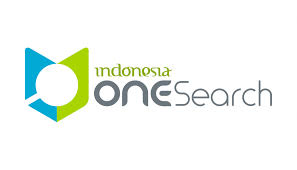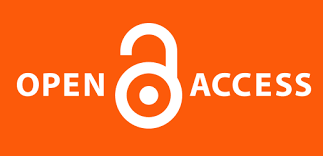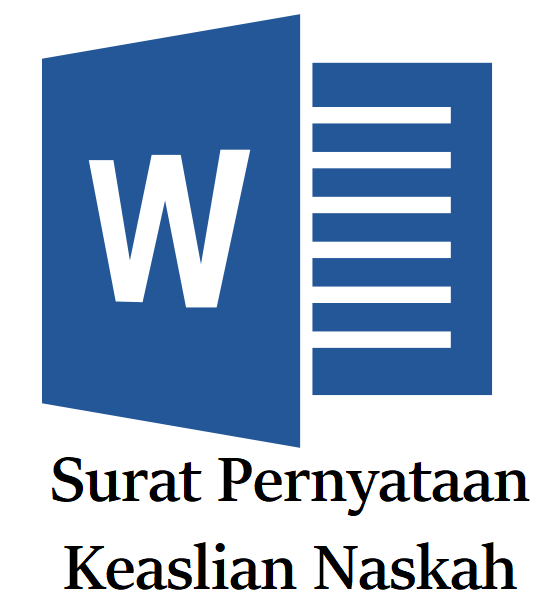Statement of Publication and Malpractice Ethics
LUTJANUS is a peer-reviewed journal. This statement is a clarification of the ethical behavior of all parties involved in publishing this journal article, including writers, editor in chief, editorial boards, peer reviewers and publishers. This statement is based on the COPE Best Practice Guidelines for Journal Editors.
Confidentiality
Any articles received must be treated as confidential documents. Each editor, editorial staff, and reviewer must not disclose any information about the manuscript sent to anyone other than the author, reviewer, prospective reviewer, advisor and other editorial issuer, as appropriate. They cannot be displayed or discussed with others except as permitted by the editor.
Disclosure and conflict of interest
Editor
Unpublished material disclosed in the submitted text may not be used in the editor's own research without the author's written consent.
Peer-Reviewer
Special information or ideas obtained through peer review must be kept confidential and not used for personal gain. Reviewers may not consider texts where they have conflicts of interest arising from competition, collaboration, or other relationships or connections with any author, company or institution connected with the paper.
Author
All authors must disclose in their manuscripts any other financial or substantive conflicts of interest that might be interpreted to influence the results or interpretations of their manuscripts. All sources of financial support for the project must be disclosed.
Originality and Plagiarism
The authors should ensure that they have written entirely original works, and if the authors have used the work and/or words of others that this has been appropriately cited or quoted.
Duties and Responsibilities of Journal Managers
- Specifies the membership of the editorial board and free from conflicts of interest.
- Respect for confidential matters, both for contributing researchers, writers, editors, and reviewers.
- Implement norms and provisions regarding intellectual property rights, especially copyright.
- Conduct policy review journals and present it to the author, the editorial board, bestari partners, and readers.
- Publish journals regularly.
Editor's Duties and Responsibilities
- Meeting the needs of readers and writers.
- Strive to improve the quality of publications on an ongoing basis.
- Implement the process to guarantee the quality of published papers.
- Prioritizing freedom of opinion objectively.
- Maintain the integrity of the author's academic track record.
- Submit corrections, clarifications, withdrawals, and apologies if needed.
- Responsible for the style and format of the writing, while the contents and all statements in the paper are the responsibility of the author.
- Actively ask the opinion of writers, readers, reviewers, and members of the editorial board to improve the quality of publications.
- Encourage the assessment of journals if there are findings.
- Support initiatives to reduce research and publication errors.
- Support initiatives to educate researchers about the ethics of publication.
- Assess the effects of published policies on the attitudes of writers and reviewers and improve them to increase responsibility and minimize errors.
- Have an open mind towards new opinion or views of others that may conflict with personal opinions.
- Do not maintain their own opinion, the author or third parties which may result in a decision not objective.
- Prompted the authors, in order to make improvements to deserve published papers.
Duties and Responsibilities of Peer-Reviewers
- Running the task of editors to review the papers and present the results of the review to the editor, as a determination of the feasibility of a paper for publication.
- Reviewers should not undertake a review of the papers involving him, either directly or indirectly.
- Maintain privacy by not disseminating results author corrections, suggestions, and recommendations.
- The encourage the author to make improvements on the substance of the paper in order to produce a viable scientific work.
- Revisiting written works that have been corrected according to predetermined standards.
- Written papers are reviewed in a timely manner according to the style of confinement published based on scientific rules (methods of data collection, author's legality, conclusions, etc.).
Author's Duties and Responsibilities
- Ensuring that what is included in the list of authors meets the criteria as a writer. All those who have made significant contributions should be listed as co-authors.
- Collectively responsible for the work and the contents of the article, include methods, analysis, calculations, and details.
- Stating the origin of resources (including funding), either directly or indirectly.
- Explaining the limitations of the study.
- Proper acknowledgment of the work of others must always be given. Authors should cite publications that have been influential in determining the nature of the reported work.
- Respond to comments made by reviewers in a professional and timely manner.
- Informing the editor if he will retract the paper.
- Making a statement that the paper submitted for publication is authentic, has never been published anywhere in any language, and is not in the process of being submitted to another publisher.
- If the work involves chemicals, procedures or equipment that have any unusual hazards inherent in their use, the author must clearly identify these in the manuscript.
- When an author discovers a significant error or inaccuracy in his/her own published work, it is the author’s obligation to promptly notify the journal editor or publisher and cooperate with the editor to retract or correct the paper.













